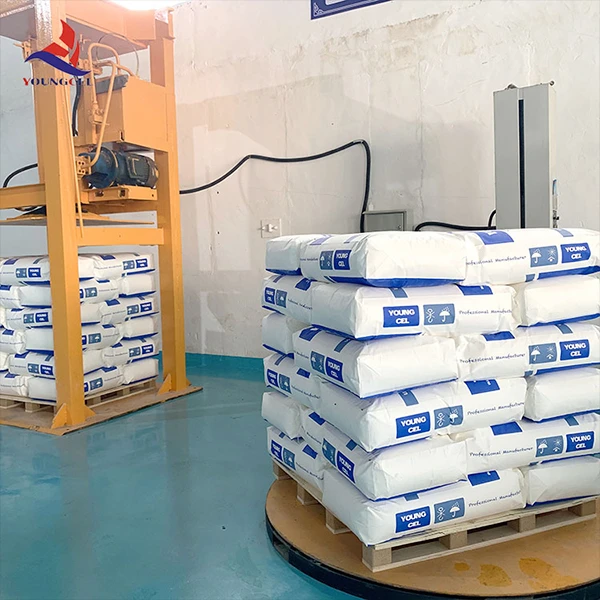The Importance of Chemical Detergents in Modern Cleaning
In our daily lives, maintaining cleanliness and hygiene is essential. Whether in homes, workplaces, or public spaces, the presence of dirt, grime, and various contaminants is inevitable. This is where chemical detergents come into play, serving as powerful agents to facilitate effective cleaning. The role of these compounds is not only significant but also multifaceted, impacting various aspects of our environment, health, and economy.
Understanding Chemical Detergents
Chemical detergents are specialized cleaning agents that work by breaking down dirt and grease on surfaces. Unlike traditional soaps, which are made from natural fats and oils, synthetic detergents are formulated from a range of chemical compounds. These compounds include surfactants, builders, enzymes, and other additives. Surfactants lower the surface tension of water, allowing it to spread and penetrate surfaces more effectively, thus enhancing cleaning efficiency.
Detergents are typically classified into two main categories anionic and nonionic. Anionic detergents carry a negative charge, which makes them highly effective in removing dirt and stains from fabrics. Nonionic detergents, on the other hand, are neutral and are often used in formulations where foam generation is not desired. This variety allows manufacturers to create tailored solutions for specific cleaning applications, ranging from laundry detergents to dishwashing liquids and surface cleaners.
Benefits of Using Chemical Detergents
1. Enhanced Cleaning Power One of the most remarkable advantages of chemical detergents is their superior cleaning capability. Thanks to their intricate formulations, these detergents can tackle a wide range of stains, including fats, oils, and proteins, which might resist conventional cleaning methods.
2. Time and Energy Efficiency Chemical detergents often require less time to achieve desired cleanliness levels compared to soap or water alone. This efficiency translates to energy savings, as less water is necessary for rinsing, and less time is spent on scrubbing.
chemical detergent

3. Versatility Chemical detergents are designed for diverse applications. They can be used in household settings for cleaning floors, dishes, and laundry, as well as in industrial environments for degreasing machinery and sanitizing surfaces. This versatility simplifies cleaning routines across various sectors.
4. Specialized Formulations Many modern detergents are specifically formulated for particular tasks, offering enhanced performance. For example, enzyme-based detergents can effectively break down protein-based stains like food and blood, while anti-bacterial formulations offer additional protection against pathogens in kitchens and bathrooms.
Environmental Considerations
Despite their benefits, the use of chemical detergents raises environmental concerns. Many traditional detergents contain phosphates, which can lead to eutrophication in aquatic ecosystems when washed away. The excessive nutrient load promotes algal blooms, which deplete oxygen and harm aquatic life. In response to these issues, there has been a growing trend toward developing eco-friendly and biodegradable detergents that minimize environmental impact.
Additionally, the production and disposal of chemical detergents can contribute to pollution. As consumers become more environmentally conscious, the demand for sustainable products increases, prompting manufacturers to innovate and create greener solutions.
Conclusion
Chemical detergents play a critical role in maintaining cleanliness and hygiene in our society. With their enhanced cleaning power, efficiency, and versatility, they are indispensable in both household and industrial settings. However, the environmental impact of traditional detergents cannot be overlooked. As we continue to rely on these cleaning agents, a balanced approach that combines effective cleaning with ecological responsibility will be vital for a sustainable future. Through innovation and consumer advocacy, the industry can move toward safer and greener alternatives, ensuring that our cleaning practices do not come at the expense of our planet.
-
Rdp Powder: Key Considerations for Wholesalers in the Building Materials IndustryNewsJul.08,2025
-
Key Considerations for Wholesalers: Navigating the World of Hpmc - Based ProductsNewsJul.08,2025
-
Hpmc Detergent: Key Considerations for WholesalersNewsJul.08,2025
-
Key Considerations for Wholesalers: China Hpmc For Tile Adhesive, Coating Additives, Concrete Additives, and MoreNewsJul.08,2025
-
Crucial Considerations for Wholesalers: Navigating the World of Construction MaterialsNewsJul.08,2025
-
Key Considerations for Wholesalers Sourcing Additive For Cement, Additive For Concrete, Additive For Putty from Additive Manufacturer Shijiazhuang Gaocheng District Yongfeng Cellulose Co., Ltd.NewsJul.08,2025




